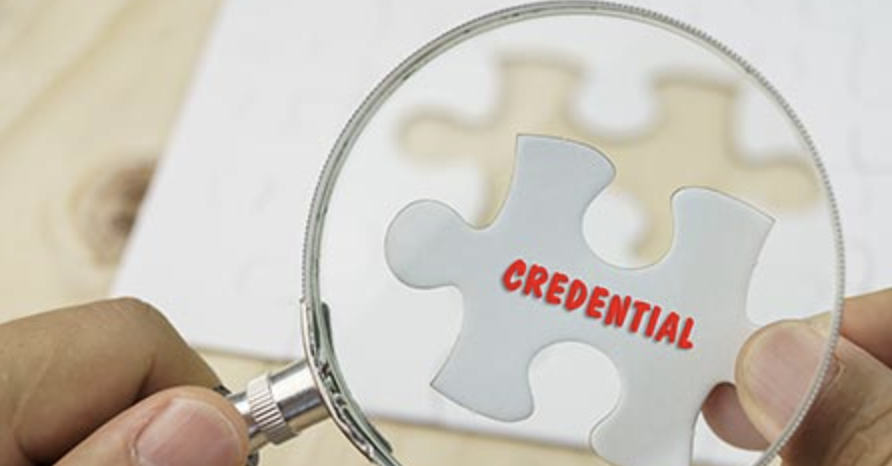Buying or Selling Property: How to Choose the Right Solicitor or Conveyancer Best Suited for You
Choosing the right solicitor or conveyancer is crucial when buying or selling property. They handle legal paperwork, contracts, and settlements, ensuring the transaction goes smoothly and legally. Here’s how to pick the best professional for your property transaction.
1. Understand the Difference: Solicitor vs. Conveyancer
✅ Solicitor: A qualified legal professional who can handle complex property transactions and provide legal advice beyond conveyancing (e.g., disputes, contract issues).
✅ Conveyancer: A licensed professional specializing in property transactions, usually cheaper than solicitors but limited to handling paperwork and settlements.
💡 Tip: If your transaction is straightforward, a conveyancer may be enough. If there are potential legal complications (e.g., disputes, unusual contract terms), a solicitor is a better choice.
2. Look for Experience & Specialization
🔹 Choose a solicitor or conveyancer with experience in property law and real estate transactions.
🔹 If buying an apartment, find someone familiar with strata titles.
🔹 If selling rural land, pick a professional who understands rural property laws.
3. Check Credentials & Licensing
🔍 Ensure they are licensed in your state or territory:
Solicitors must be registered with the Law Society of their state.
Conveyancers must hold a license from their state’s Consumer Affairs or Fair Trading department.
Check reviews, testimonials, or ask for referrals from past clients.
📌 State Licensing Bodies for Conveyancers:
NSW: NSW Fair Trading
VIC: Consumer Affairs Victoria
QLD: Queensland Law Society (conveyancers must work under a solicitor)
SA, WA, TAS, ACT, NT: Each has its licensing authority
4. Compare Fees & Services
💰 Solicitor fees are usually higher (from $1,500+) but offer more legal coverage.
💰 Conveyancer fees are typically between $700–$2,500, depending on complexity.
💡 Ask for a breakdown of costs upfront to avoid hidden charges. Some may charge fixed fees, while others bill hourly.
5. Look for Strong Communication Skills
☎️ Your solicitor or conveyancer should:
✔️ Be responsive to emails/calls and provide clear updates.
✔️ Explain legal terms in simple language.
✔️ Keep you informed of key deadlines and settlement dates.
🚨 Red Flag: If they are hard to contact or slow to respond, it may cause delays in your transaction.
6. Ask About Their Process & Technology
📑 Some professionals offer online conveyancing, making it easier to track progress.
✔️ Do they use e-settlements platforms like PEXA (used in Australia for digital property settlements)?
✔️ Can they handle everything remotely if you prefer digital over in-person meetings?
7. Seek Recommendations & Read Reviews
🌟 Ask friends, family, or real estate agents for recommendations.
🌟 Check Google reviews, Trustpilot, or the Law Society website for ratings.
🌟 Look for someone with a strong reputation for reliability and transparency.
8. Ensure They Offer Legal Protection
✔️ If something goes wrong in the process, will they handle disputes?
✔️ Are they covered by professional indemnity insurance in case of errors?
Final Takeaway
Choosing the best solicitor or conveyancer depends on:
✔️ Your budget (Solicitor = Higher Cost, More Legal Support | Conveyancer = Lower Cost, Basic Service)
✔️ Complexity of the transaction (Unusual contract terms? Choose a solicitor.)
✔️ Reputation, licensing, and communication skills
🔎 Do your research, ask the right questions, and choose someone you trust to handle your property transaction smoothly!





